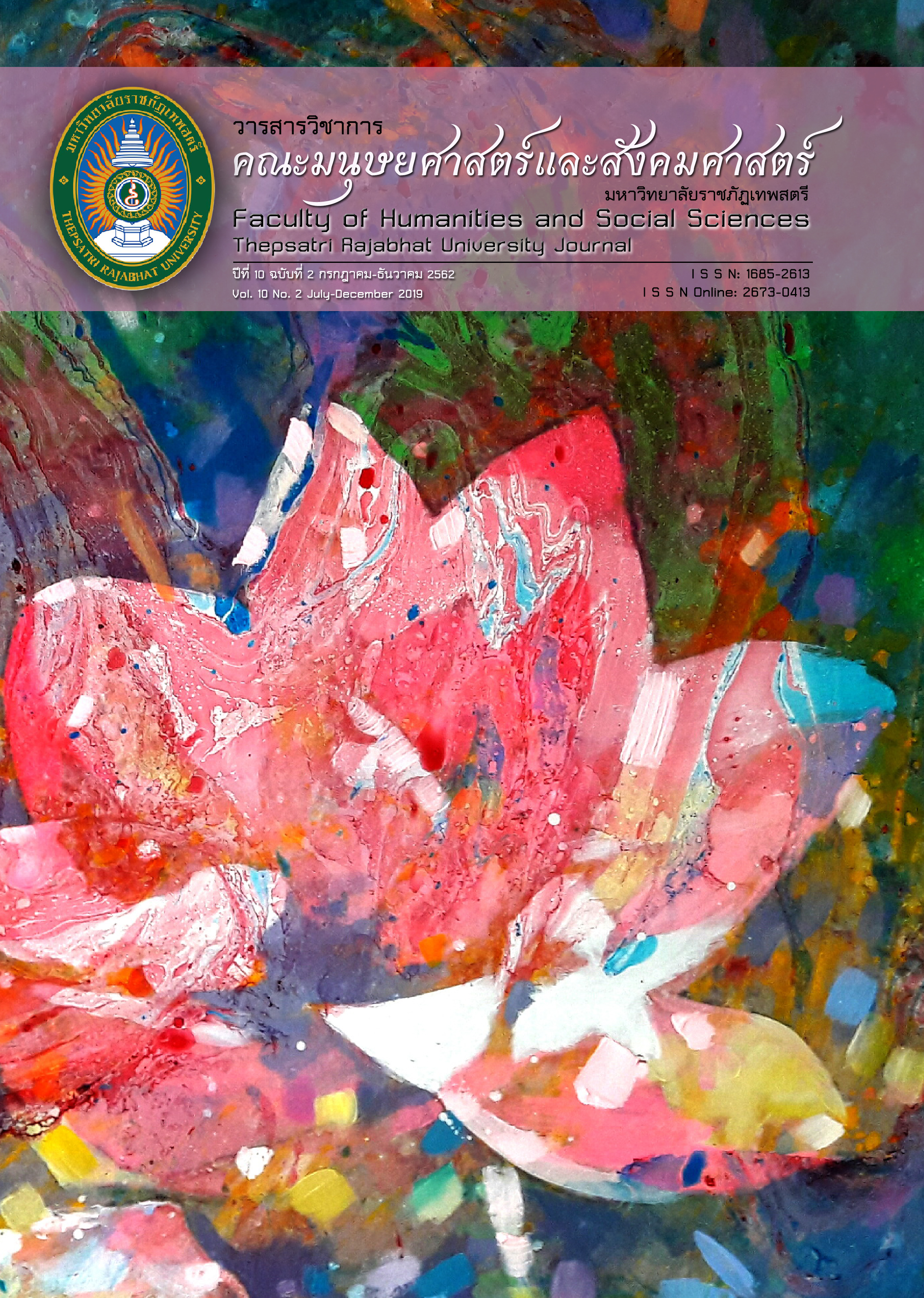ASEAN E-COMMERCE LEGAL FRAMEWORK – TOWARDS THE DEVELOPMENT AND PROSPECTS ASEAN E-COMMERCE LEGAL FRAMEWORK – TOWARDS THE DEVELOPMENT AND PROSPECTS
Main Article Content
Abstract
Information and Communication Technology and e-commerce are recognized as an important tool for the regional integration for ASEAN. By this recognition, ASEAN developed its legal framework in order to promote and facilitate the development of ICT and the growth of e-commerce within the region. Unlike the European Union, ASEAN is not a supranational organization and it cannot legislate for the whole community. Therefore, this study aims to investigate how ASEAN develops its regional legal system, in particular, the legal framework for its integration of e-commerce sector, and how ASEAN envisages its legal framework in order to govern and facilitate e-commerce transactions in the region in future. The study also introduces e-commerce law at an international level, especially of the United Nations and of the European Union, to help understand international perspectives on e-commerce law. In addition, this study presents the organization of ASEAN to introduce the structure of ASEAN and how it is similar to and different from the European Union. The result of the study shows that ASEAN legal framework is addressed through non-binding standards. It developed the e-commerce legal framework by harmonizing of the Member Countries’ national laws into the regional legal system. To further develop a comprehensive legal framework, ASEAN adopted a multilateral agreement on e-commerce, and it will become a binding legal instrument of ASEAN upon the deposit of the ratification instruments by the Member Countries. Similarly, the certain aspects of the EU e-commerce law are also practised by a harmonized infrastructure by means of the directive, while the UNCITRAL adopted model laws to only encourage national legislators to adopt their national laws.
Downloads
Article Details
The content and information presented in articles published in the Academic Journal of the Faculty of Humanities and Social Sciences, Thepsatri Rajabhat University, are solely the opinions and responsibilities of the respective authors. The editorial board of the journal neither necessarily agrees with nor assumes any responsibility for such content in any manner whatsoever.
All articles, information, content, and images published in the Academic Journal of the Faculty of Humanities and Social Sciences, Thepsatri Rajabhat University, are the copyright of the journal. Any person or organization wishing to reproduce, disseminate, or otherwise utilize all or any part thereof must obtain prior permission from the Academic Journal of the Faculty of Humanities and Social Sciences, Thepsatri Rajabhat University.


